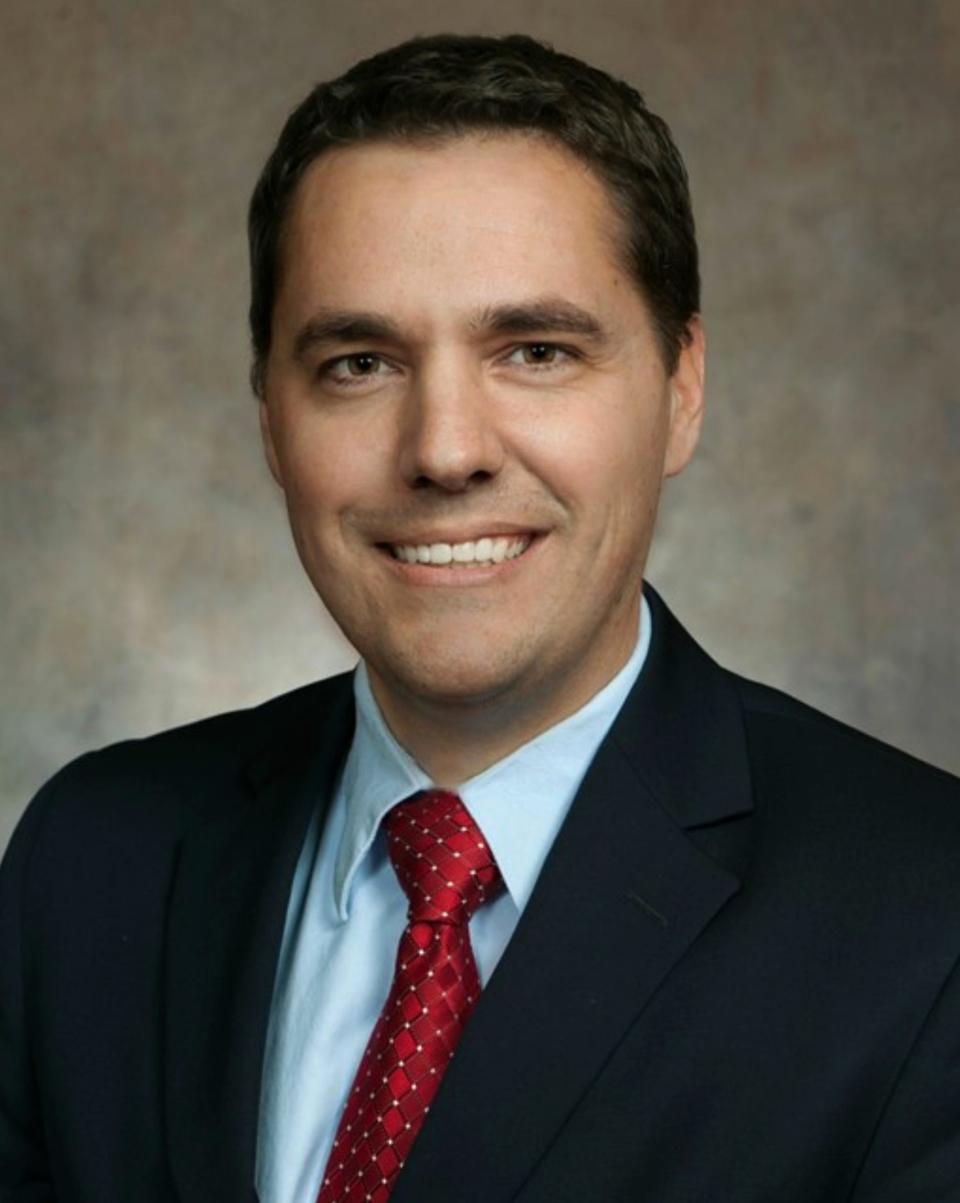Wisconsin Senate committee passes bills to help armed forces and vets, and curb foreign influence on campus

A Senate committee passed seven bills Wednesday related to the state colleges, including two that would expand eligibility for in-state tuition and three that are aimed at preventing foreign influence in higher education.
The only bill to pass the Senate Committee on Universities and Technical Colleges with unanimous support was Senate Bill 557, which expands the ability of the University of Wisconsin Board of Regents and the UW System to invest certain revenues.
Under current law, the system and board can only invest money generated from private gifts and grants, according to an Oct. 19 position memo from UW System and UW-Madison officials. The bill, if passed, would allow the UW System to invest more of its working capital, including auxiliary and tuition income.
"By expanding the types of UW revenue that can be invested, we could generate revenue streams to fund top priorities such as deferred maintenance and financial aid," wrote Rob Cramer, interim vice chancellor for finance and administration at UW-Madison.
The committee also passed bills that would expand in-state tuition eligibility to more students who are service members.
Senate Bill 313 would require that students who attend state technical colleges under the G.I. Bill be eligible for full tuition and fee remission for certain student activities and incidental fees set by the colleges' local boards. Currently, the law only requires remission of tuition and fees that are set by the Technical College System board. The bill passed 8-1 with Sen. Kelda Roys, D-Madison, voting in opposition.
Senate Bill 605 would require UW schools and technical colleges to consider active duty members of the armed forces who have been relocated from Wisconsin to active duty in another state as in-state students for tuition purposes. The same would apply to the service members' spouses and dependents. The bill passed the committee 8-1 with Sen. Steve Nass, R-Whitewater, in opposition.
Also moving forward for a potential floor vote is a bill that would require the state building commission to allocate $1 million from the state building trust for additional planning and design work on the university's new engineering building at UW-Madison.
The bill passed the committee 8-1 with Nass in opposition.
According to Dec. 15 testimony in support of the bill by Ian Robertson, Dean of the College of Engineering, the ultimate plan is to fund the $300 million project with $150 million in private funds raised the the university and $150 million in general fund supported borrowing that UW-Madison would request in the 2023-25 state budget, pending the UW board's approval.
The final three bills passed are part of a package introduced by committee chair Roger Roth, R-Appleton, and Sen. Alberta Darling, R-River Hills, aimed at preventing foreign influence in higher education.
Senate Bill 742 would prohibit UW System schools from admitting or employing members of the Chinese People's Liberation Army: the country's land, sea and air forces.
Senate Bill 744 would prohibit foreign missions of China at UW schools, block the UW System from being part of Communist Chinese recruitment of propaganda programs and require the system to report any funding it received from foreign missions of China.

Senate Bill 745 would create new disclosure requirements for UW institutions and employees around research, contracts and gifts involving foreign governments, companies, and individuals.
The bills passed the committee 5-4 along party lines, with Democrats Chris Larson of Milwaukee, Jon Erpenbach of West Point, Kelda Roys of Madison and Brad Pfaff of Onalaska in opposition.
Staff for Roth, Erpenbach, Roys and Pfaff did not respond to interview requests Tuesday. Larson was not available Tuesday due to a personal conflict.
In a December position memo, Jeff Buhrandt, UW System Interim Vice President of University Relations, wrote that the UW System "takes its role in curbing foreign influences on our campuses very seriously."
He wrote that the System had been taking steps to improve tracking of foreign gifts and contracts making other changes based on internal audits. In addition, UW-Platteville closed its Confucius Institute in May 2021 after Congress passed the National Defense Authorization Act of 2021, which stated that some federal funding would be restricted to campuses that host those institutes.
The system ultimately opposed the bill package, arguing any additional regulations should come from the federal level.
“While I agree that we should be worried about authoritarianism and China’s human rights violations, these are federal issues," said Roys. "The federal government should take the lead – and is doing so. State legislators who are concerned about anti-democratic activities should work to ensure that our elections are safe from partisan interference in our own backyard from their own extremist party.”
Contact Devi Shastri at 414-224-2193 or DAShastri@jrn.com. Follow her on Twitter at @DeviShastri.
Our subscribers make this reporting possible. Please consider supporting local journalism by subscribing to the Journal Sentinel at jsonline.com/deal.
DOWNLOAD THE APP: Get the latest news, sports and more
This article originally appeared on Milwaukee Journal Sentinel: Wisconsin senators pass bills expanding help to veterans, armed forces

